One Week Perfumery Course with the Jean Carles Method
Continuing the Professional Perfumery series, in which I explain how perfumers are trained, how they create fragrances and how you can use their techniques to improve your sense of smell, I will talk about the Jean Carles method. This method is used to learn perfumery raw materials. When I was studying at IFF Perfume Academy, we didn’t use this method, but I applied it to my own practice, and I found it helped me to memorize smells better. It also helped me to learn the nuances of materials, since it’s based on comparing and contrasting them.
Once I finished recording the latest episode, I decided to create a one-week study plan for those who are serious about learning perfumery. I followed the Jean Carles method, but I modified it to the home environment. It means that I reduced the number of materials studied each day. I also selected materials that can be easily obtained as essential oils or can be used in their natural state. It’s appropriate for complete beginners.
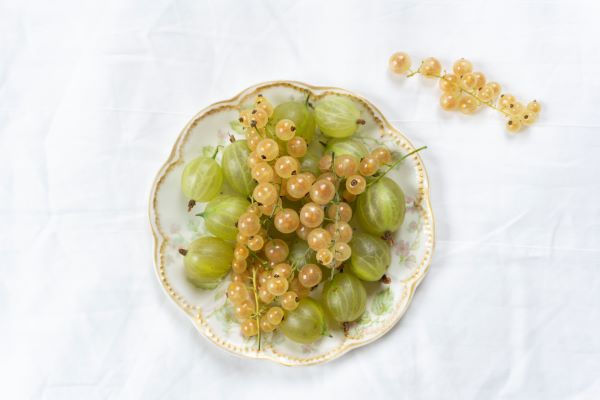
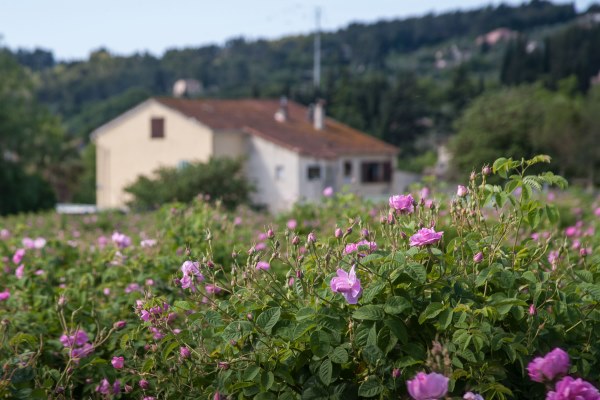
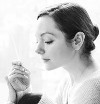


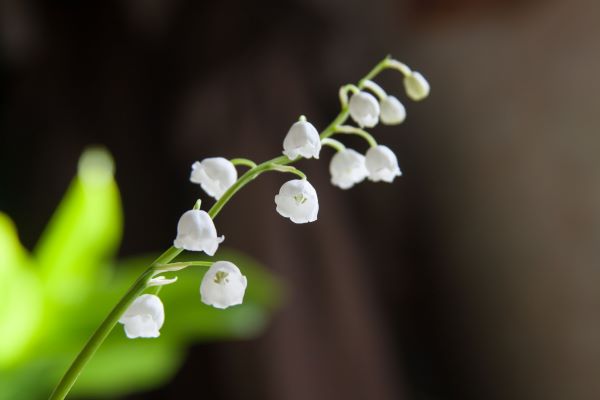
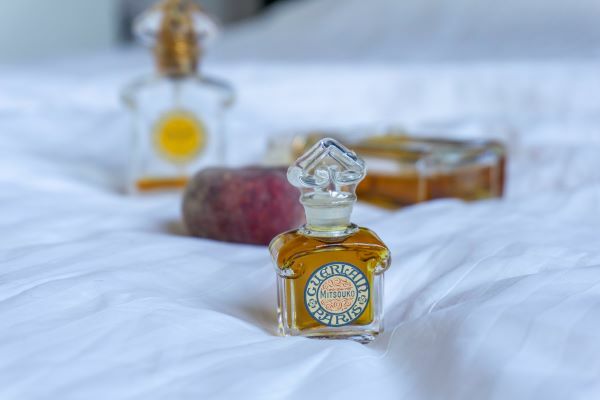








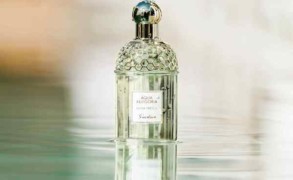
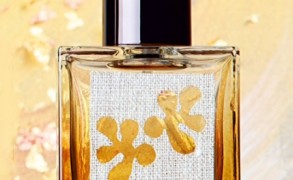
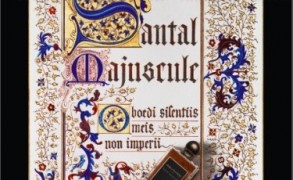
Klaas in Perfume To Brighten Up Your Spring Days: I just discovered Le Jardin de Monsieur Li! Such a lovely, zingy jasmine! I am not much of a floral guy, but this perfume is such a treat! Spring in… April 19, 2024 at 3:36pm